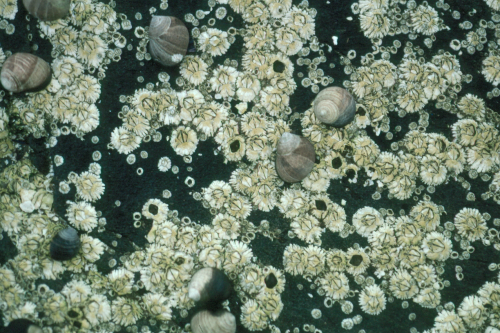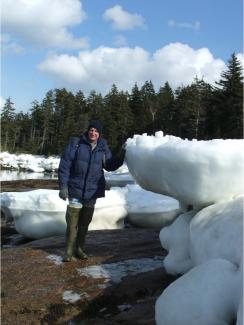The waters of the Gulf of Maine are warming faster than oceans almost anywhere on Earth. And as the level of carbon dioxide rises in the atmosphere, it’s absorbed by the oceans, causing pH levels to fall. Ocean acidification makes it difficult for shellfish to thicken their shells, their primary defense against predators.

In a new study in the journal Communications Biology, researchers Peter Petraitis, a professor emeritus of biology in Penn’s School of Arts & Sciences, and Steve Dudgeon, a biology professor at California State University, Northridge, who completed a postdoctoral fellowship with Petraitis at Penn in the 1990s, show that the changing climate is taking a toll on Maine’s sea life. A dataset collected for two decades, including numbers of five species of mussels, barnacles, and snails, shows that all have been experiencing declines—some slow, some more rapid—in part owing to climate change.
Read the full article on PennToday's website here
•
•
Additional information on Springer Nature Sustainability Community blog here

